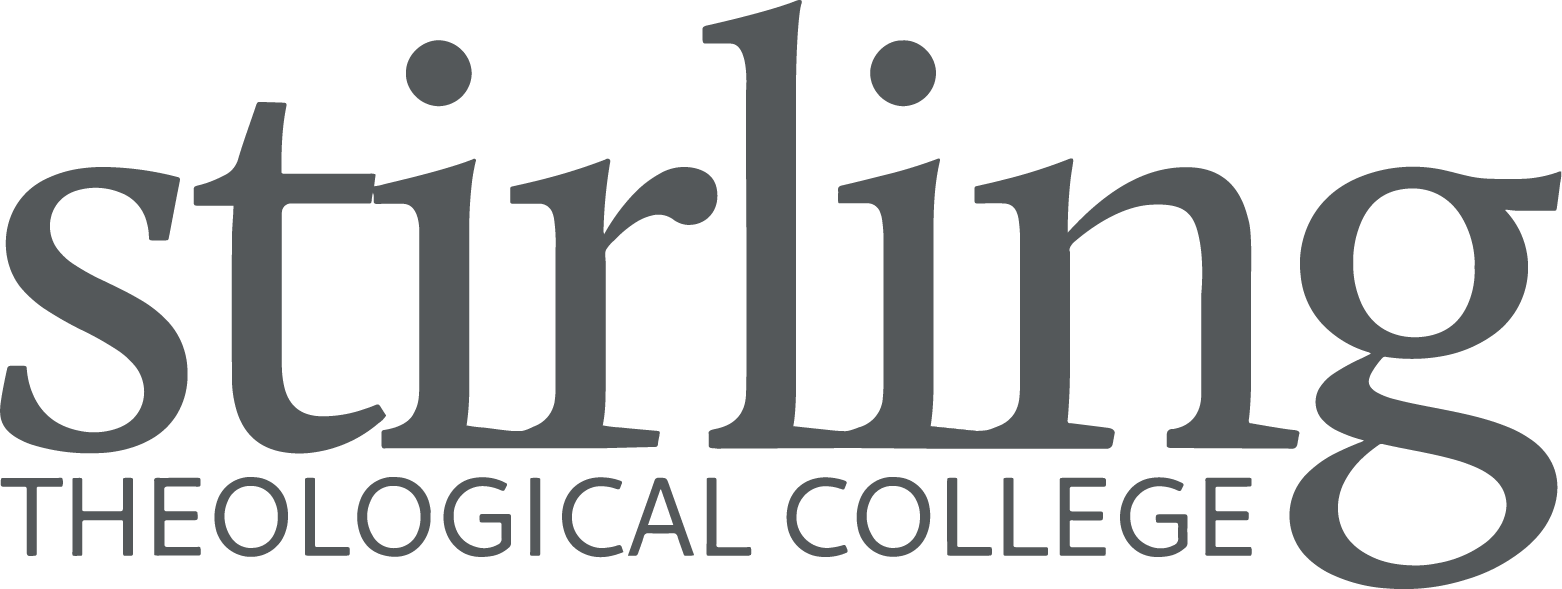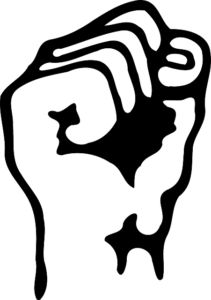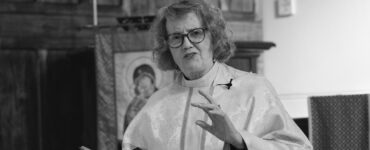Dr Sam Curkpatrick (Tutor in Christian Theology; Curator, Hindmarsh Research Centre)
As COVID19 spread beyond China, Iran’s Deputy Health Minister Iraj Harirchi appeared on screen to provide the country with an update. He was sweating profusely. The following day, Harirchi tested positive to the virus. This could be viewed as an unfortunate circumstance. Or it might be seen ironically, recognising that the government was ‘deliberately understating the extent of the virus’* even as it was eating away at the body of the nation (the government as a democratic representation of that body).
In the Harirchi case, there is a discord between the official representation and reality, or between ideology and human bodies. So too with the Chinese doctor Li Wenliang, who raised the alarm about the new coronavirus. Chinese authorities forced Dr Li to sign a letter acknowledging he had made false comments and he was reprimanded for ‘disturbing the social order.’ And Trump: ‘We are the most prepared country in the world.’ Leadership that promotes a self-assured vision of stability and strength is being set up for a fall. On many levels, COVID19 shows us that the identities we curate are like a puff of wind—dissolved by a sneeze.
Given that leadership is always compromised, what vision for society might have enduring value? What holds us together in community?
These questions are important for civil society and the church.
The Harirchi situation might be viewed more constructively: in his disease-riddled body, we perceive a fragility common to us all, which cannot be overwritten or undone by political posturing. Communities and nations are made up of vulnerable individuals. For democratic leadership to be authentic, it should be concerned with society as a fragile body, rather than with the curation of ideal representations.
At Easter, we recognise that our shared life in Christ begins with a broken body. This is not an ideal, athletic body representing strength, self-sufficiency and power. In the cross, we see forsakenness, fragmentation and loss.
To grapple with the paradoxical brokenness of God in Christ is to affirm our common, compromised bodies as a place of renewal and life. Here, the church has a message of hope for all nations: by sharing in the vulnerability of those around us, we discover a renewed and enduring vision for society that begins in love.
* The BBC reported that the death toll in Iran might be six-times higher than stated by the government. 28 Feb 2020. ‘Coronavirus: Iran’s deaths at least 210, hospital sources say.’ https://www.bbc.com/news/world-middle-east-51673053. A few days earlier, Harirchi had said, ‘Quarantines belong to the Stone Age.’

Stirling College is committed to ongoing theological reflection and the formation of each member of our learning community. Stirling is committed to being Christ centred in heart, thought, word and deed. We form people towards Christ centred lives, mission and ministry. Stirling is committed to giving students the best possible skills to read the Bible in its original context and to then reflect on what that means for today and how to apply it in their lives, not just for their own benefit but to benefit the Body of Christ in its diverse and varied expressions.







Add comment